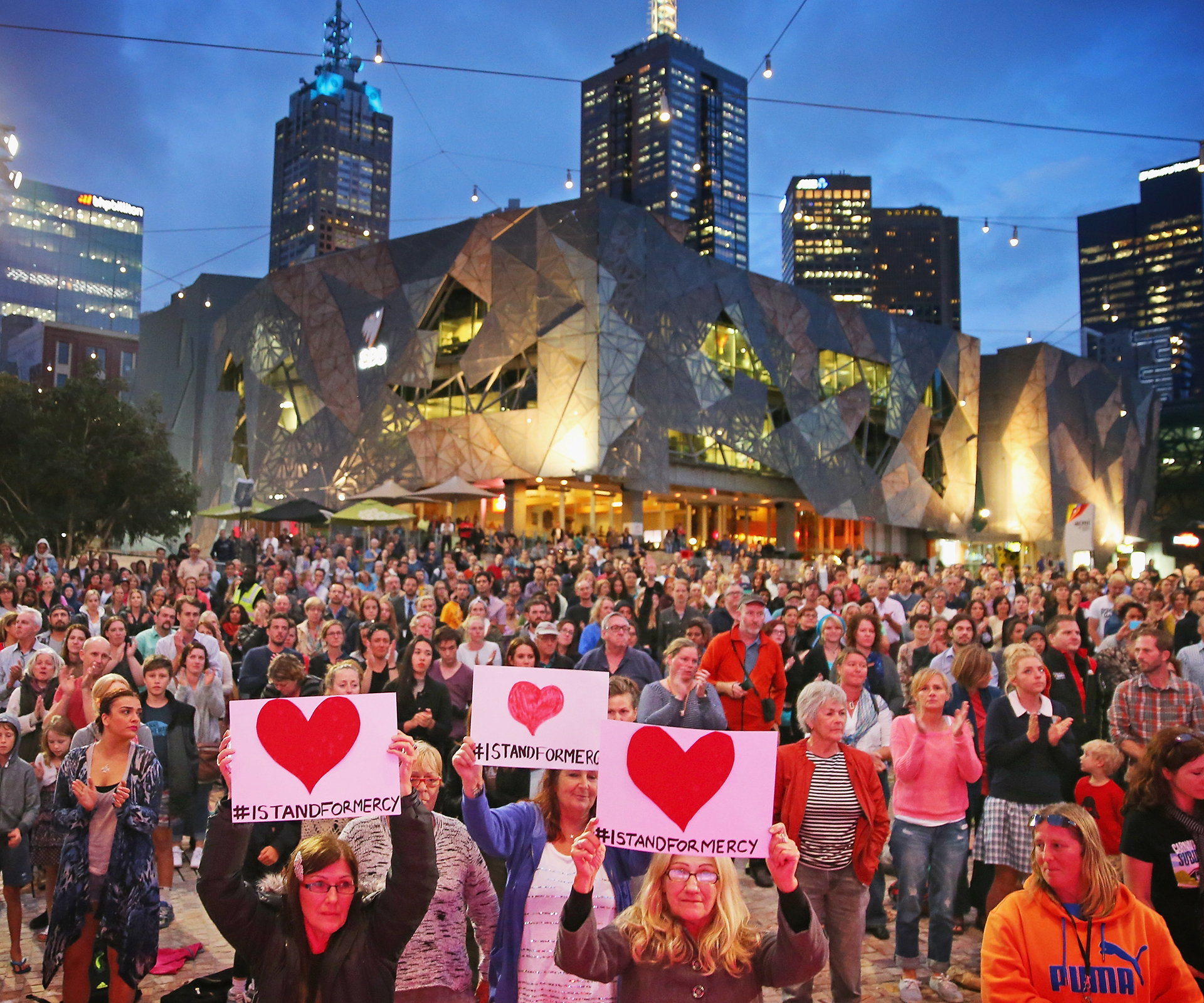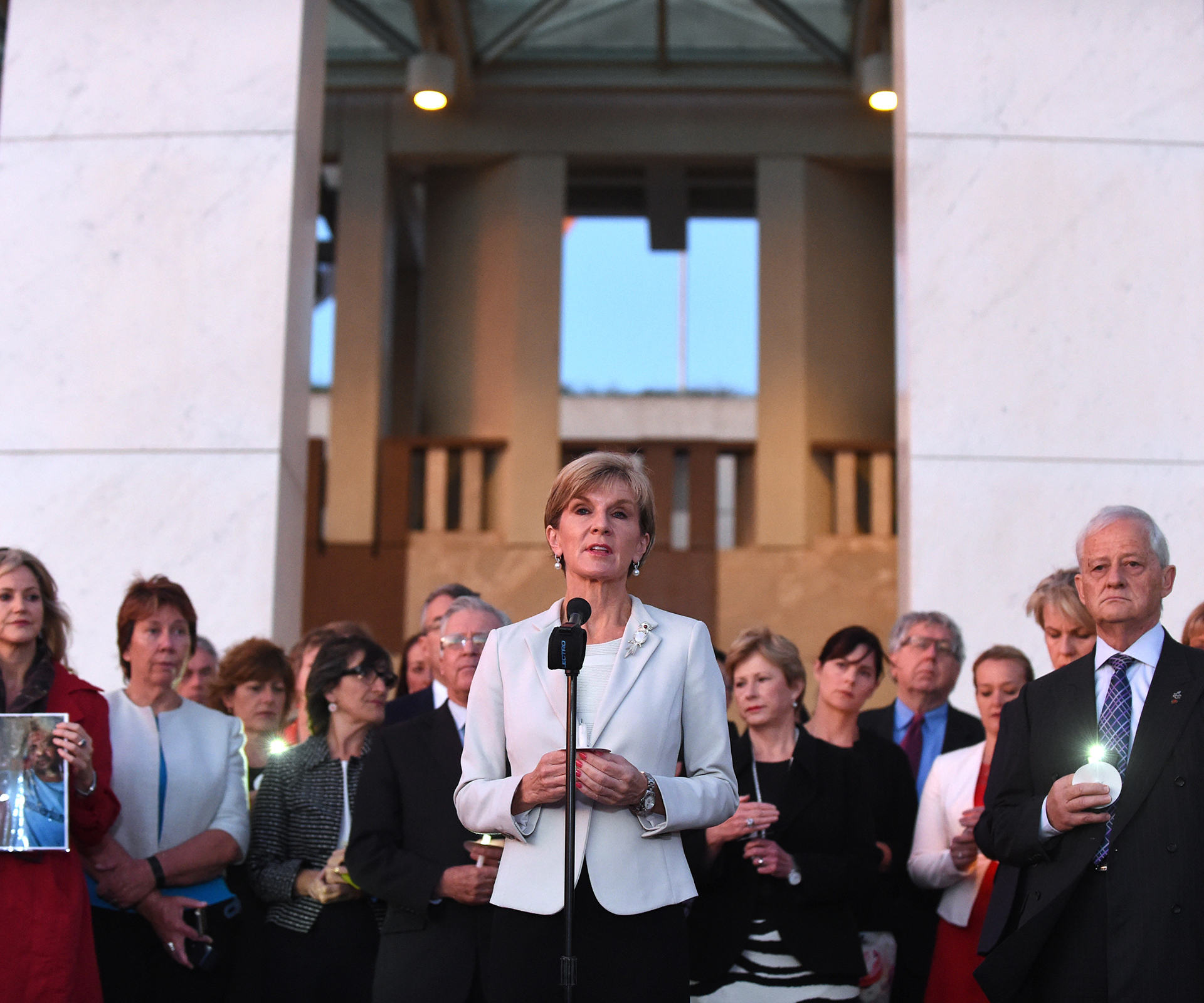The story is true, based on that of the last woman executed in Iceland, and is a moving tale of what it is like to live under the shadow of the executioner’s axe.
Hannah, 29, takes time out from writing her new book to discuss the death penalty with Michael Sheather in light of the looming execution of Bali Nine duo Andrew Chan and Myuran Sukumaran.

Hannah Kent
“I am adamantly opposed to the death penalty on an unconditional basis. Writing Burial Rites sharpened that position for me. Prior to writing the book, I had known indistinctly that I opposed the death penalty but I hadn’t really given it any great thought.
I hadn’t considered the implications of the death penalty, not just for those people facing execution but also for the relatives who must wait and hope that it might not happen, and even for those who have to carry out the execution.
I am very much of the view that the death penalty in all its forms should not be in place in any circumstances, no matter the country, the crime or the nationality of the people involved. I think that perhaps this is something people need to ask themselves; whether they oppose the death penalty under certain conditions or in certain circumstances or whether they oppose it outright.
With Andrew Chan and Myuran Sukumaran, what I feel we need to consider is our position on the death penalty as a country. Something I have really been interested in is the way in which some people have asked for clemency on behalf of these two unfortunate young men and yet, at the same time, aren’t necessarily concerned about what is happening in other countries around the world. We need to be equally critical.
I believe those who have an opportunity to be empathetic or merciful ought to take that option. Whenever there is an opportunity to be compassionate, we should take that road of compassion.
This is a belief I developed when writing Burial Rites. I found it very difficult to write the execution scene in my book, very difficult. I always assumed, when I set out to write the novel, that knowing my protagonist would have to die at the end (because that is what happened, historically-speaking), would mean that I would have some level of objectivity. In fact, the opposite was true. By the time I came to write of Agnes Magnusdottir’s execution, I was very much invested in my characters’ lives, particularly as they were representations of actual people.
It was hugely emotional for me. I was weeping as I wrote. Even when I came back to edit the conclusion to Agnes’s life, I would feel intense grief. I couldn’t help it.
When I read articles about the Bali-Nine duo, I experience the same emotion – I’m deeply saddened. Whenever you stop to regard these events outside of their political context, and you look to the personal, you touch on the deep sorrow that lies at the heart of them.
I could not even begin to imagine what it would be like to be the parent or sibling of someone facing execution. I see photographs of the families of Andrew Chan and Myuran Sukumaran and I cannot even begin to comprehend what they must be feeling. How could someone carry the weight of an execution of a loved one for the rest of their life?
I unequivocally believe that no-one has the right – government sanctioned or otherwise – to take another human being’s life without their express permission, no matter what they have done, what harm caused. Imprisonment is proven to be more effective as a deterrent to crime, and it also offers the possibility of rehabilitation – for positive outcomes and positive change, not only for the prisoner, but for others, also. There is room for hope.
The death penalty is, by its nature, irrevocable. It precludes formal or recognised forgiveness. Nothing is achieved other than the extinguishing of someone’s life, with its aftermath of sorrow and grief.”


